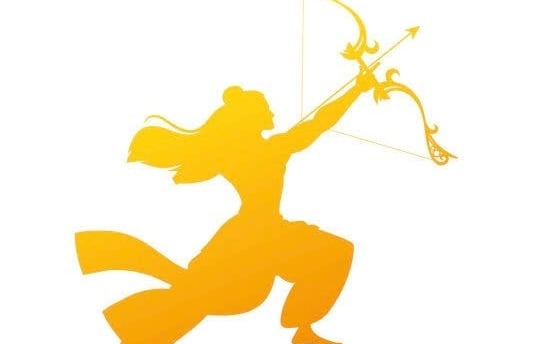Ayodhya And Gen Z


By examining the title, most readers likely already possess a vague notion of the topic we are about to explore. For those even slightly concerned with politics or are at least up to date with it, they are aware of January 22, 2024 – the inauguration ceremony of the Ram temple in Ayodhya, marking an auspicious occasion for a civilization.
However, there is a high chance that December 6, 1992, doesn’t ring a bell or at least isn't relatable in a more personal way, as it's something most of us from the younger generation have no personal connection with, except through old newspaper clippings, books, or perhaps a video.
While one doesn’t necessarily need to witness an event through one’s own eyes to relate to it, given the magnitude of the event we are discussing, there's a question of how to navigate through this, applicable to both sides of the debate, as it is a legacy we all have to carry forward.
In the Information Age, it’s relatively easy to get the facts around the issue at hand. If you are remotely astute, you can understand the historical injustice meted out to generations merely for existing – particularly, the injustice to Hindus by destroying their sacred place of worship.
No amount of sugar-coating or careful selection of words can replace the simple, cold, hard truth for the other party that may feel a loss.
The problem with men of the past was the burden of a self-imposed correction, not in deeds but at least in words, going around the issue and never addressing it head-on, passing the mantle to the next generation with the excessive baggage of a lost decade.
Now, there stands a defining moment in time – a rare moment where an entire generation stands at a crossroads, needing to decide on a social contract not with the state but with themselves on how to move forward from this.
Saying this, I know that it’s not going to be the end of all the ‘problems’ but rather a new beginning. And this need not be bad in the sense that it’s inevitable and only resolving these can finally break the chain that was set in motion a thousand years ago and not pass the burden, which is anyway guilt of not being able to find a solution more than anything else, to the next generation.
Now this is a daunting and gigantic task easier said than not.
The easiest recourse is to start a conversation, but that conversation has been going on for decades; many can argue. The problem with ‘conversation’ is that the cleavage has become so huge that the troops have dug deep trenches and what is a fact hardly matters. What matters is perception, emotion, and a narrative to suit one's liking.
But in a way, it’s a blessing in disguise; it means that the one who has been the victim of this ruthless aggression for centuries has a chance to stop, take a pause, access its position and prevent a clear choice.
A choice not of either give this or that but a choice of this much but nothing more and nothing else.
Only then can a contract be formed that can carry us into the future. A future free of the burden and mistakes of the past.
A fresh start, one can say!